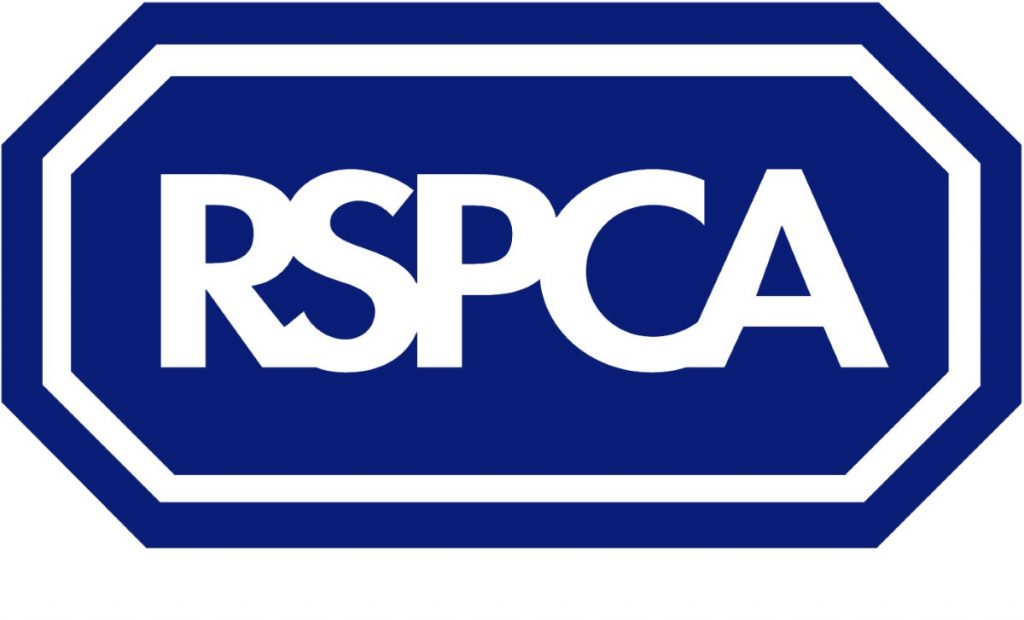RSPCA: Shoppers should know how their meat was killed
A Written Declaration (WD) has been tabled in the European Parliament calling for compulsory method of slaughter labelling on meat and poultry products which are from animals which haven't been pre-stunned.
The RSPCA believes that if method of slaughter labelling becomes a requirement within the EU, it will provide consumers with clearer information about how animals are treated at the end of their life.
“We would rather see all animals pre-stunned before they are killed, however we believe labelling that clearly differentiates between animals that have been stunned or non pre-stunned is still a step in the right direction,” said Dr Julia Wrathall, head of the RSPCA’s farm animal science department.
“We believe all meat produced from animals that have not been stunned before slaughter should be clearly labelled in some way, so that it can be identified by consumers. Consumers have the right to choose whether or not they wish to buy meat from animals slaughtered without pre-stunning,” she added.
The RSPCA recognises religious beliefs and practices should be respected. We also believe it is important to ensure animals are slaughtered under the most humane conditions possible. Scientific research has clearly demonstrated that slaughter of an animal without stunning can cause unnecessary suffering.
The RSPCA takes an evidence-based approach when developing its policies on animal welfare. It is therefore opposed to the slaughter of any food animal without first rendering it insensible to pain and distress until death supervenes.
If you would like to contact your regional MEP about this issue, you can take action at: www.rspca.org.uk/labelling
-Ends –
Notes to editors:
In recent years the RSPCA have worked with the Food Standards Agency (an agency of Defra that audits standards in slaughterhouses) to secure the publication of an Animal Welfare Survey undertaken in abattoirs across Great Britain. This survey provides some important information about the welfare of animals in abattoirs and will be useful in helping us to lobby for further improvements.
Amongst other things the survey has provided recent figures regarding the percentage of animals slaughtered without pre-stunning. The results of the survey have indicated a low number of animals are not stunned before slaughter; with 3% of cattle, 10% of sheep and goats, and 4% of poultry in Great Britain not receiving a pre-slaughter stun. The survey also showed that with regards to Halal, most of the animals were stunned before slaughter. The Animal Welfare Survey is available from the FSA website: www.food.gov.uk.
It has previously been estimated that less than half of the meat from animals slaughtered by the Jewish method is sold in Kosher shops. The consumption of certain parts of the animals’ hindquarters such as veins, lymphatic and sciatic nerve and its branches, is forbidden under Jewish law. To remove them is a specialised task, which has not been practised in the UK since the 1930’s.
Consequently, all hindquarters are rejected as not Kosher, as are any carcasses which cannot be consumed as Kosher meat for other reasons (for example, damage to the carcass). A high proportion of the meat which is declared non-Kosher is therefore sold on the open market but is not labelled as meat from animals that have been slaughtered without pre-stunning.
Also, it is currently not possible to tell whether meat simply labelled ‘Halal’ comes from animals that have been pre-stunned or not, before slaughter.
In 2011, the RSPCA supported amendments to the EU Food Information to Consumers Regulation which proposed to label meat products from 'special slaughter', for which the labelling would include: 'Meat from slaughter without stunning'. The Society was very disappointed that this change to the legislation was rejected.
In April 2012, the RSPCA supported a Ten Minute Rule Bill on Food Labelling (Halal and Kosher Meat) which was taken through Parliament by MP Philip Davies. The Ten Minute Rule Bill was pushed to a vote and although the voting was very close, the Bill wasn’t carried.
RSPCA, Wilberforce Way, Southwater, Horsham, West Sussex RH13 9RS
Press office direct lines: 0300 123 0244/0288 Fax: 0303 123 0099
Duty press officer (evenings and weekends) Tel 08448 222888 and ask for pager number 828825
Email: press@rspca.org.uk Website: www.rspca.org.uk
28,741 incidents of abandonment. 220,421 reports of abuse. A call to our
cruelty line every 30 seconds. RSPCA inspectors work tirelessly every day –
including Christmas day – to rescue animals from cruelty and abuse. You
can be an Animal Hero too by sending a donation of just £3 today
www.rspca.org.uk/animalhero





-01.png)